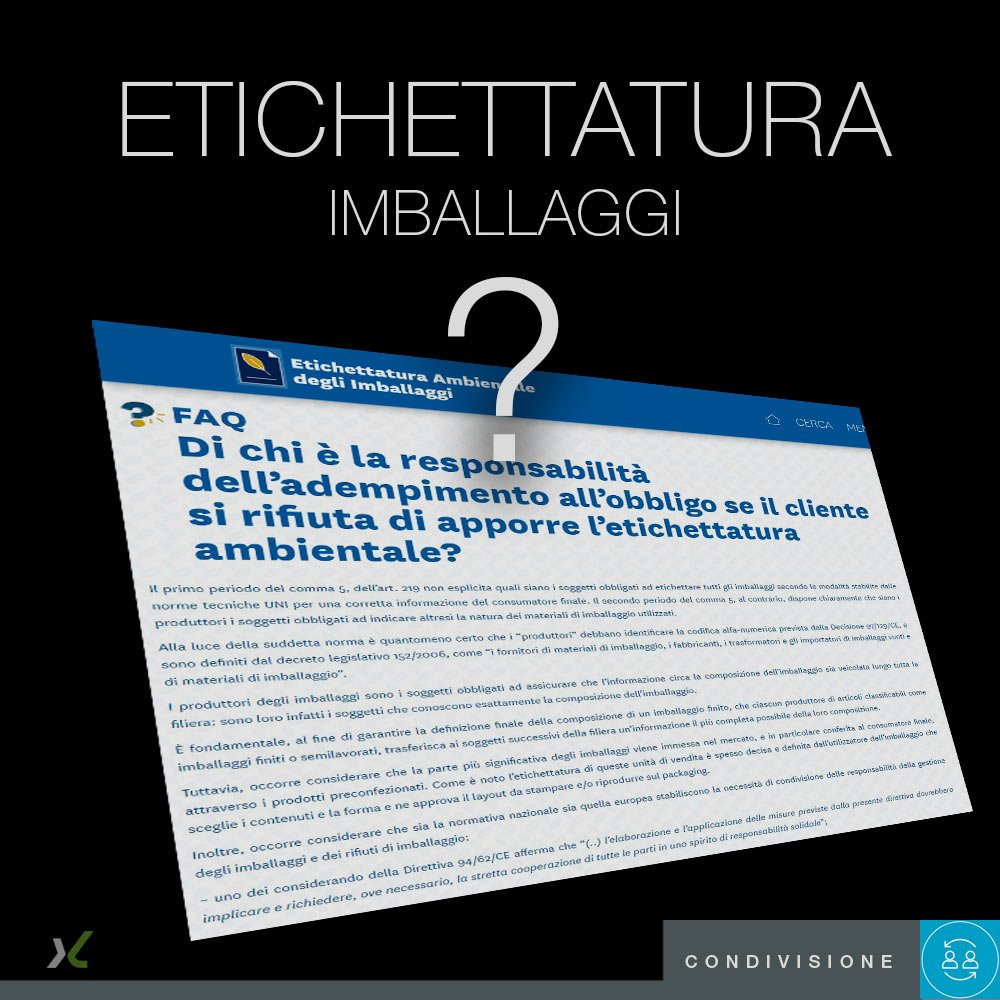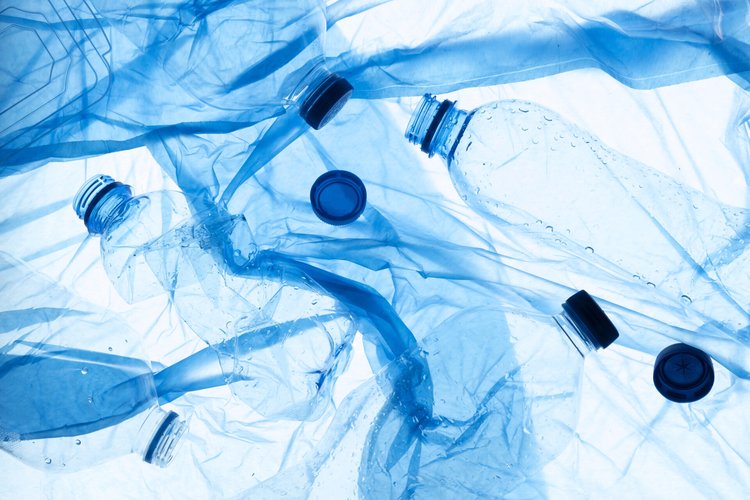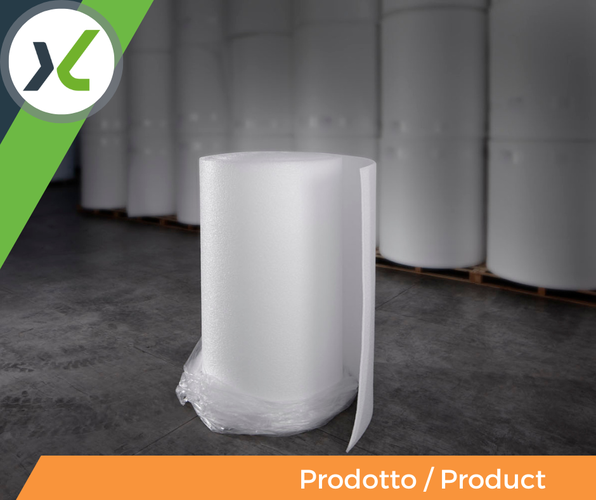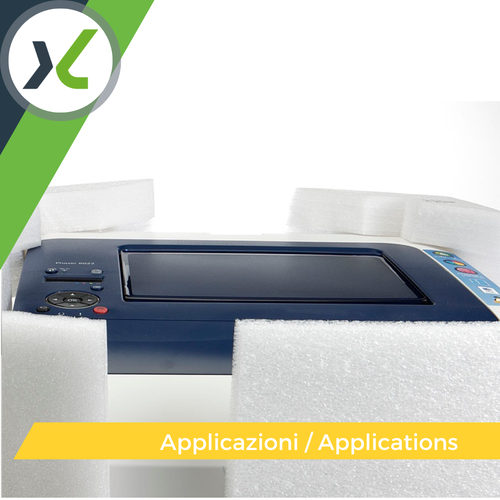Cambia la classificazione Conai per gli imballaggi in plastica, con effetto dal 1° gennaio 2022. Proxital, after months of direct commitment to this objective and thanks to the collaboration with Dr. Marina Spiazzi of Assindustria Venetocentro, with Prof. Michele Modesti of the University of Padua and with La Federazione Gomma Plastica, is pleased to announce with the
In a circular dated 17/5/21, the Ministry of Ecological Transition clarified:– What is the packaging manufacturer’s obligation.– Who is responsible for labeling the individual packaging?
PROXITAL has fulfilled its obligations as a manufacturer, labeling all packaging with the wording required by law andour CUSTOMERS will have to take action in their turn to transfer the correct information on the nature of the material to their customers by affixing physical labels or other digital systems such as qrcodes, apps, websites.
We would also like to remind you that this regulation has been extended and will be in force from January 2022.For any further information, please refer to the answer to this question provided by CONAI https://www.etichetta-conai.com/faqs/di-chi-e-la-responsabilita-delladempimento-allobbligo-se-il-cliente-si-rifiuta-di-apporre-letichettatura-ambientale/




